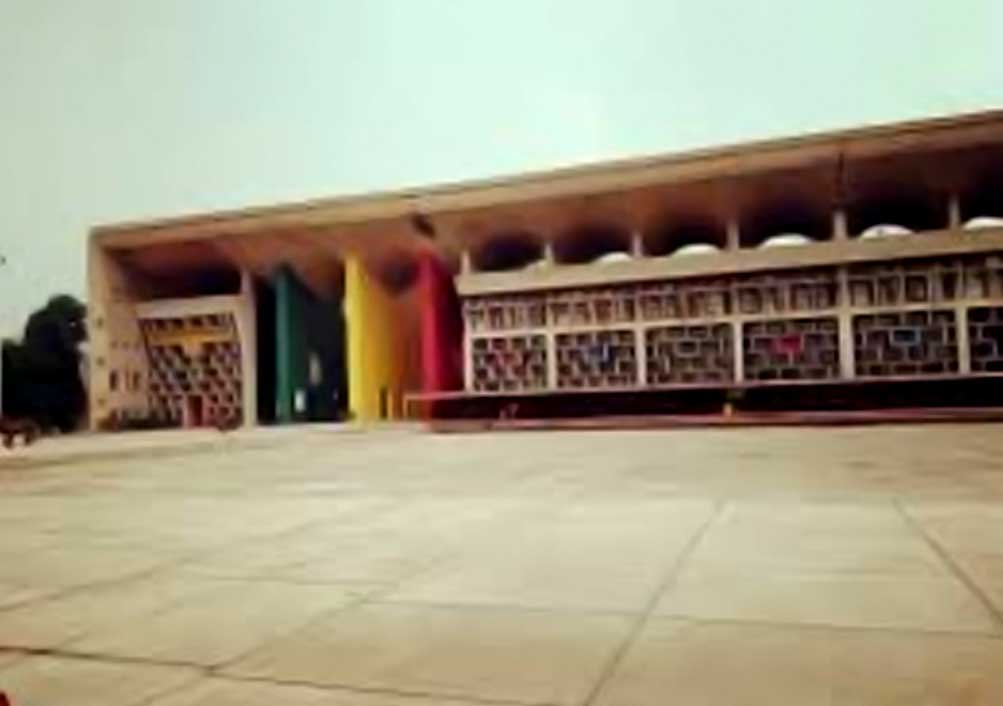In RSA-5472-2019 (O&M)-PUNJ HC- Custom must be specifically pleaded & established by leading cogent evidence by person propounding such custom: P&H HC on plea challenging sale deed allegedly executed in violation of customs of Meo caste Justice Alka Sarin [17-05-2022]

Read Order: Abdul Rehman v. Smt. Jubeda
Monika Rahar
Chandigarh, May 18, 2022: While dealing with a regular second appeal involving a sale deed allegedly executed by the plaintiff’s father (belonging to Meo caste) in contravention of the customs governing such sale in the said community, the Punjab and Haryana High Court has affirmed that custom has to be specifically pleaded and established by leading cogent evidence by the person propounding such custom.
“In the absence of specific pleadings supported by evidence, the plea of custom cannot be accepted. In the present case the plaintiff failed to establish the applicability of customary law”, held the Bench of Justice Alka Sarin.
Here, in this case, the Court was dealing with a regular second appeal preferred by the plaintiff-appellant against the judgments and decrees passed by both the Courts below dismissing his suit for declaration, possession and permanent injunction.
The facts which led to the above-stated concurrent finding were that the plaintiff filed a suit challenging the alienation made by his father by virtue of the sale deed dated August 03, 1994, in favour of the defendant thereby selling land measuring 6 Kanal 16 Marlas.
It was averred in the plaint that the plaintiff and his father belonged to the Meo caste and were governed by custom which provides that a proprietor cannot alienate ancestral property without legal necessity or without the consent of successors, and since the plaintiff’s father did so, i.e. he alienated the suit property without any legal necessity in favour of the defendant and without the consent of the plaintiff, therefore, the same was bad in law.
It was further pleaded that the alienation was made without any consideration and that a fraud was played upon the petitioner’s father by the defendant while obtaining the sale deed.
The defendant appeared and filed a written statement raising objections regarding limitation pleading that though the sale deed was executed on August 03, 1994, the suit was filed in 2017 and was barred. On merits, it was pleaded that the suit property was sold for the legal necessity for purchasing another land. Alternatively, it was pleaded that the suit property was the self-acquired property in the hands of the petitioner’s father and thus was not inherited by him from his ancestors. It was denied that the plaintiff and his father were governed by custom or that any fraud was played upon the vendor (the father).
The Trial Court dismissed the suit of the plaintiff while recording the finding that though the suit property was ancestral, it stood proved that the sale was made for legal necessity. The suit filed by the plaintiff was held to be barred by limitation and all the issues were decided against the plaintiff. Aggrieved, an appeal was preferred by the plaintiff which was dismissed, hence, the present regular second appeal.
The counsel for the plaintiff-appellant contended that the Courts below erred in dismissing the suit as the sale of the suit property was without necessity and in fact, no was without consideration. It was submitted that as per the prevalent custom, the petitioner’s father could not alienate the suit property, which was ancestral property, without legal necessity or without the consent of his successors.
After considering the facts and the submissions of the counsel, the Court recorded the finding that the intention behind the sale of the suit property was a legal necessity. This conclusion was reached by considering the fact that the Courts below found that the evidence available on the record produced by the plaintiff showed that the sale of the suit property was for legal necessity and that the sale deed itself recorded that the sale was being done for meeting domestic expenses and for purchasing another land. (“Kharch Khaangi anya bhumi kharid karne hetu dhan ki jaroorat hai”).
Further addressing the contention of the counsel regarding the sale being without consideration, the Court opined that the same was belied by the testimony of his own witness who stated that the petitioner’s father received 40,000/- from Haroon the husband of the defendant before the Sub-Registrar in his presence.
The Court also noted that the suit was held to be barred by limitation also as the sale deed under challenge was executed on August 03, 1994, while the present suit was filed in 2017 after over 23 years.
As far as the contention of the counsel for the plaintiff that the plaintiff was governed by custom was concerned, the Court was of the opinion that it is well settled that custom has to be specifically pleaded and established by leading cogent evidence by the person propounding such custom. Also, Justice Sarin added that in the absence of specific pleadings supported by evidence, the plea of custom cannot be accepted.
In the present case, the Court was of the view that the plaintiff failed to establish the applicability of customary law and the petitioner’s counsel was not able to dislodge the factual findings recorded by both the Courts below and simply reiterated the submissions that were advanced before the Courts below and which submissions were rejected after due and comprehensive consideration. Accordingly, the Court was of the opinion that both the Courts below recorded concurrent findings of fact warranting no interference by the High Court.
Sign up for our weekly newsletter to stay up to date on our product, events featured blog, special offer and all of the exciting things that take place here at Legitquest.




Add a Comment